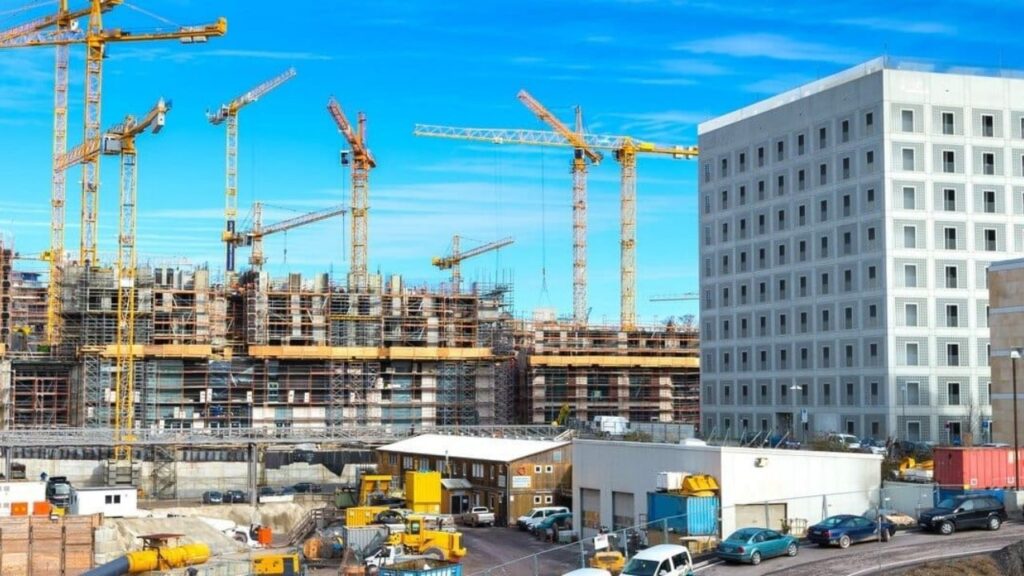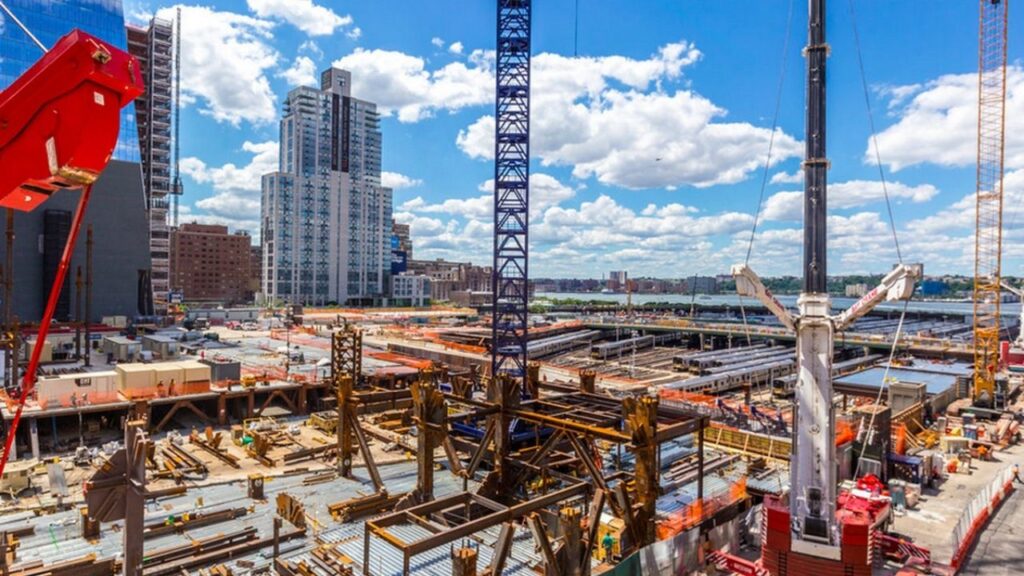Top 5 Bidding Mistakes and How To Avoid Them
Putting together a winning bid proposal is a lot more complicated than putting some numbers together and hoping for the best. Good bid preparation requires a lot of time and effort that involves everything from reading and fully understanding the plans and specifications to accurately estimating costs for labor, materials, and equipment. Making even the smallest mistake can mean the difference between having a winning bid proposal and missing out on a coveted project.

1. Bidding the Wrong Projects
You don’t have to bid on every job you come across. Winning jobs your company can’t adequately perform can be just as costly as not winning them. Remember, it is never too late to abandon a bid you are working on. For example, let’s say you have purchased plans, attended the prebid meeting, and started taking subcontractor pricing and you start crunching the numbers only to realize that your company won’t make an acceptable profit. The best thing to do is dump it and move on to the next project.
If at any time during the preparation of a bid you determine that your company cannot adequately handle the scope and requirements of the project you need to make the smart business decision to abandon your bid. Finding the right balance between bidding and winning enough jobs can be difficult.
On the one hand, you don’t want to bid and win so many jobs that you get to the point that you can’t properly manage and deliver the projects but you also don’t want too little work that you aren’t making any money and your workers aren’t staying busy. Selecting the right work to bid is vital to maintaining a profitable business.

2. Incomplete Bid Forms and Documents
Failing to fully complete the bid form and submit all required documents is a surefire way to get what might otherwise be a winning bid rejected. Required documents and paperwork can be anything from bid bonds to acknowledging receipt of any addenda. A good way to ensure that you have all the required paperwork for your bid is to use a checklist as you prepare your bid and then go back and double-check to make sure that everything is included. It never hurts to get another set of eyes to look over the bid proposal to make sure nothing has been forgotten before you submit your bid.
There are a few other requirements that go along with preparing your bid that can also get your bid rejected if you don’t comply with them or simply overlook them. The first is failing to get prequalified to bid on a project when it is required. The second is not attending a mandatory pre-bid meeting. If either of these is required in order to bid on a project and you fail to comply you will not be allowed to bid on the project.
The third and most important of these is failing to submit your bid by the due date and time. All of these requirements will be clearly stated in the bid invitation and failure to comply will result in a rejected bid. Don’t let the time and effort you spent preparing your bid go to waste because you forgot to do something as simple as properly signing your bid or getting it delivered to the bid opening on time.
3. Failing to Visit the Site
Not having a good understanding of the existing site conditions can create problems down the line should you be awarded a contract. Unique site conditions may exist such as limited accessibility or location that would result in additional costs on items like transportation, equipment, and labor. Failing to visit the site would leave you unaware that these conditions exist and that additional costs need to be factored into your bid and will cut into your profit if you were to win the job.
Many times a pre-bid meeting will be held at the construction site or a site visit will be held directly following a pre-bid meeting. Pre-bid meetings are held in order for the project team to answer questions regarding plans and specifications, site conditions, and other job specifics. Failing to attend a pre-bid meeting means you miss out on the best opportunity to get clarification on the requirements of the project.
This could be the only chance you get to walk around the site to have a better understanding of exactly what you will be dealing with. There are times when the prebid meeting is mandatory so failing to attend would result in not being able to even bid on the project. When preparing a bid proposal you want to have as much information as possible in order to compile a competitive bid and refusing to attend a prebid meeting or a site visit will put you at a severe disadvantage.

4. Not Evaluating Equipment Needs
When putting a bid together you need to make sure that you have all the necessary equipment needed to perform the work. This may mean you have to rent or purchase additional equipment. Even if your company owns all the equipment required for the project, you need to make sure that isn’t already allocated for use at another jobsite and that no major maintenance or repairs are scheduled for when the equipment will be needed.
Check to make sure that the equipment is in good working order and operating at peak performance which might otherwise cause delays in your construction schedule. Equipment that isn’t optimally performing can increase the time it takes to complete certain tasks. Unexpectedly having to rent additional equipment or face delays can negatively affect the bottom line of a project. Remember to factor in the fuel costs to operate the machinery and to transport the equipment to the jobsite.
5. Not Factoring in Overtime
Wage rates can vary greatly from state to state and even from county to county. It is important to understand what, if any, wage rates apply to the project you are bidding on in order to incorporate those rates into calculating your labor costs. Wage rate determination is required on all Federal Government construction projects as mandated by the Davis-Bacon Act. Wage rates are determined by the location of the project and the type of construction being performed.
There are 32 states with prevailing wage laws for public construction projects. Always be sure to check the current prevailing wage rates where the construction is taking place so you can accurately determine your labor costs. When determining your labor costs don’t forget to factor in any projected overtime needs as the wage rates for overtime hours worked can be as much as double the prevailing wage rate.
Process To Get Construction Cost Estimate Report
Here I am going to share some steps to get your construction cost estimate report.
-
You need to send your plan to us.
You can send us your plan on info@estimatorflorida.com
-
You receive a quote for your project.
Before starting your project, we send you a quote for your service. That quote will have detailed information about your project. Here you will get information about the size, difficulty, complexity and bid date when determining pricing.
-
Get Estimate Report
We do construction cost estimate and prepare a detailed report for your project. At last you finalize the report and finish the project.

